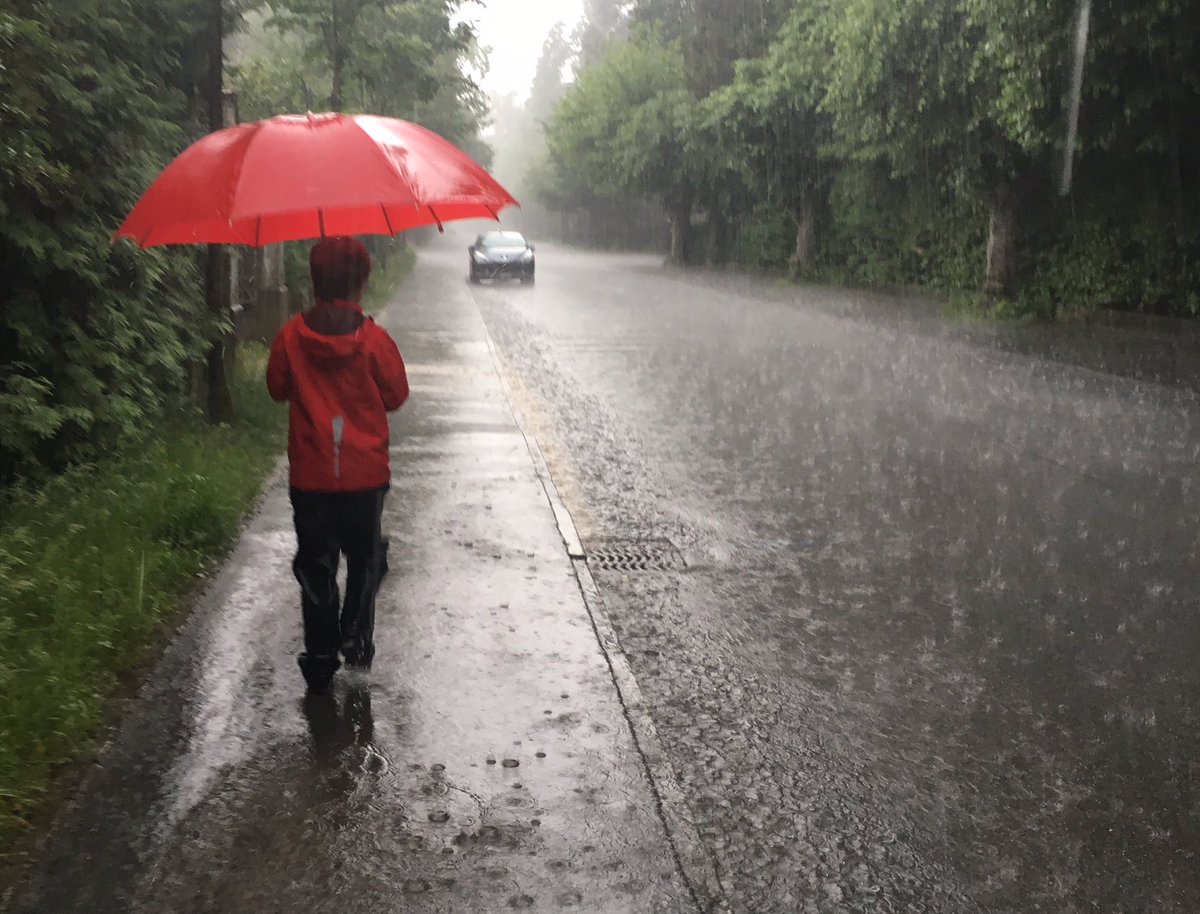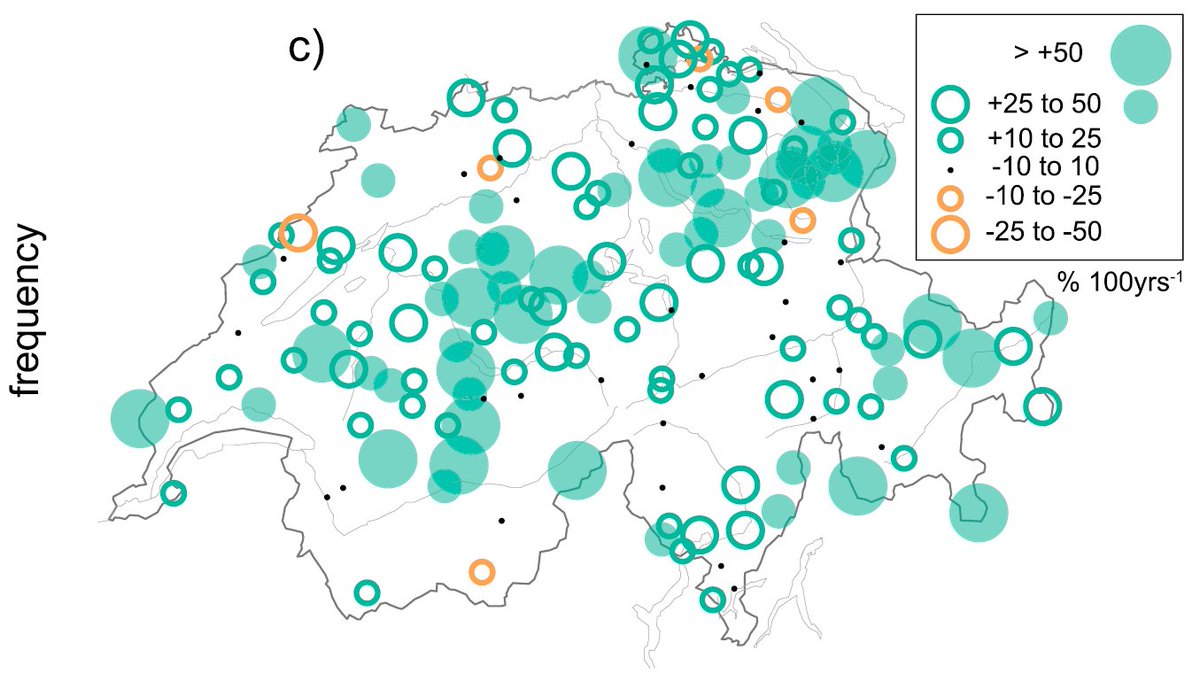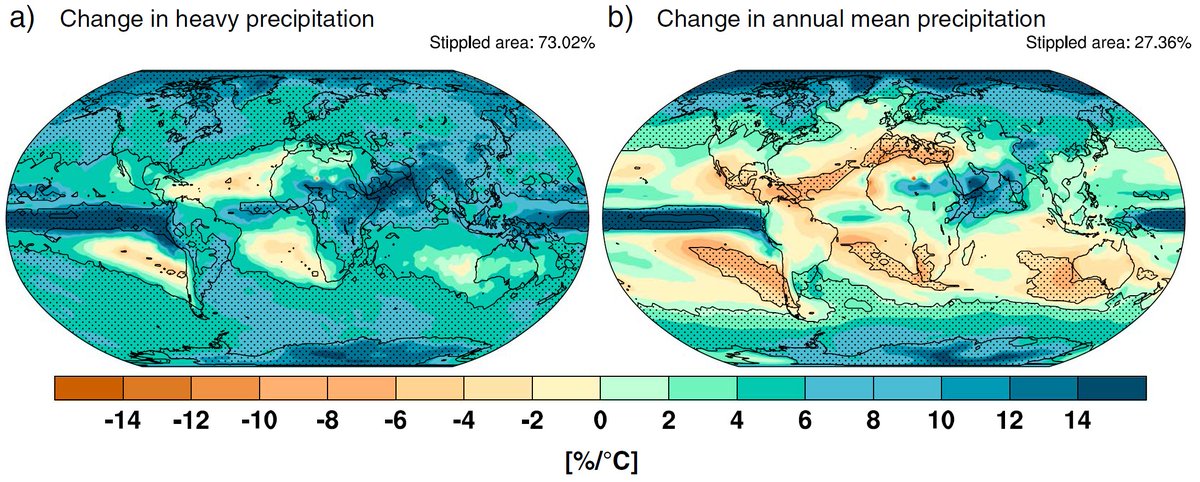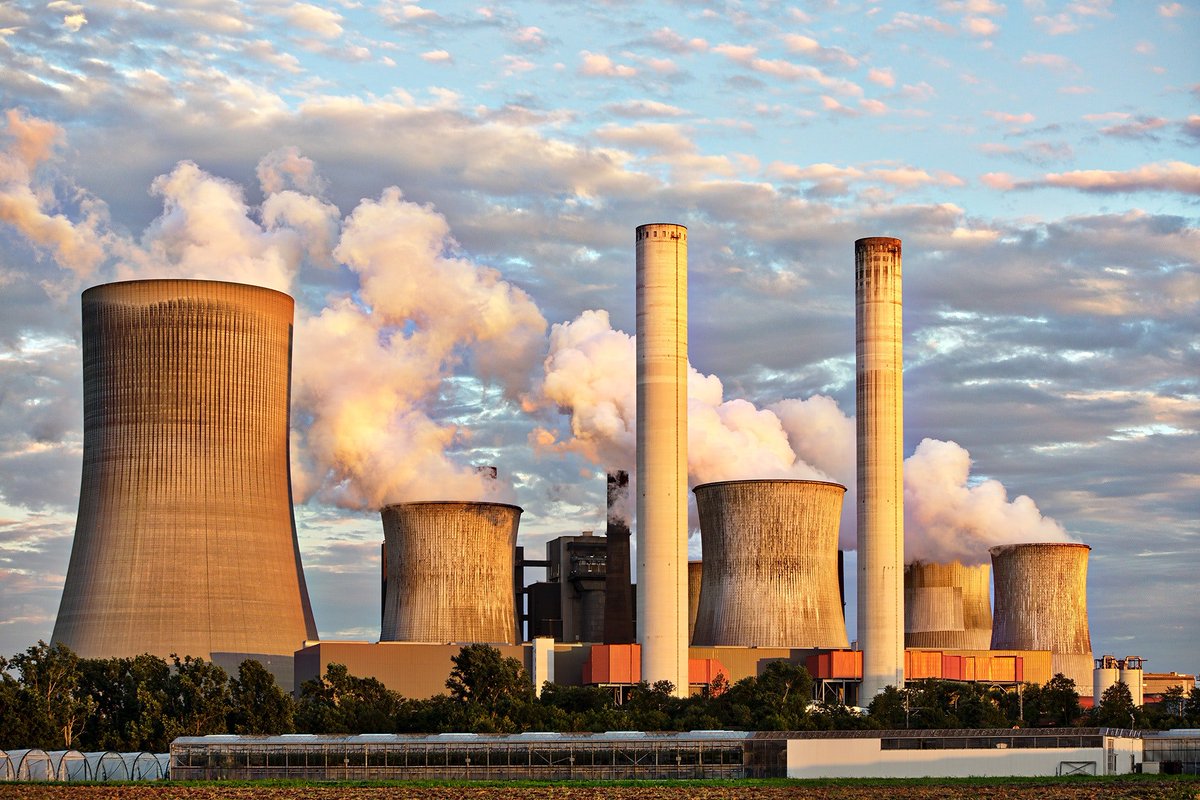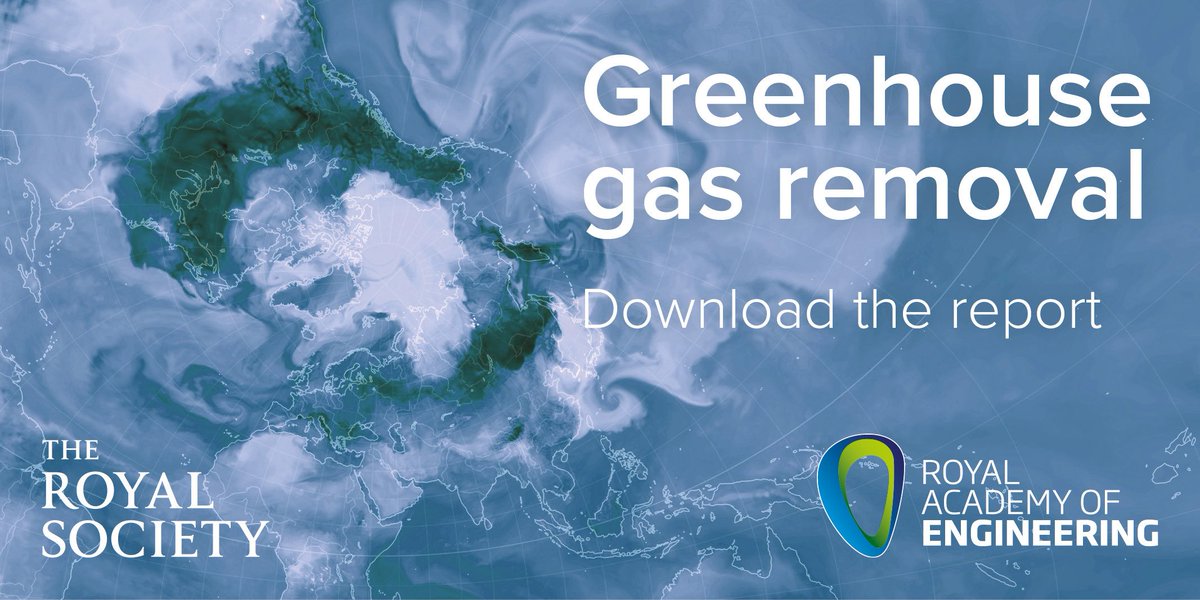Carbon budgets may be of limited value to trigger policy action, but they have been crucial in changing how people think about the CO2 problem. Here’s why…
@Peters_Glen @Oliver_Geden nature.com/articles/s4156…
science.sciencemag.org/content/340/61…
science.sciencemag.org/content/329/59…
implies a limited budget of CO2 that we are allowed to emit to stay
below the target, largely irrespective of the scenario that leads to those emissions.
say that it is smaller than X for a given likelihood that we can pick. A higher
certainty of achieving the desired goal implies a smaller budget.
qz.com/1278776/what-i…
iac.ethz.ch/content/dam/et…
nature.com/articles/ngeo2…

